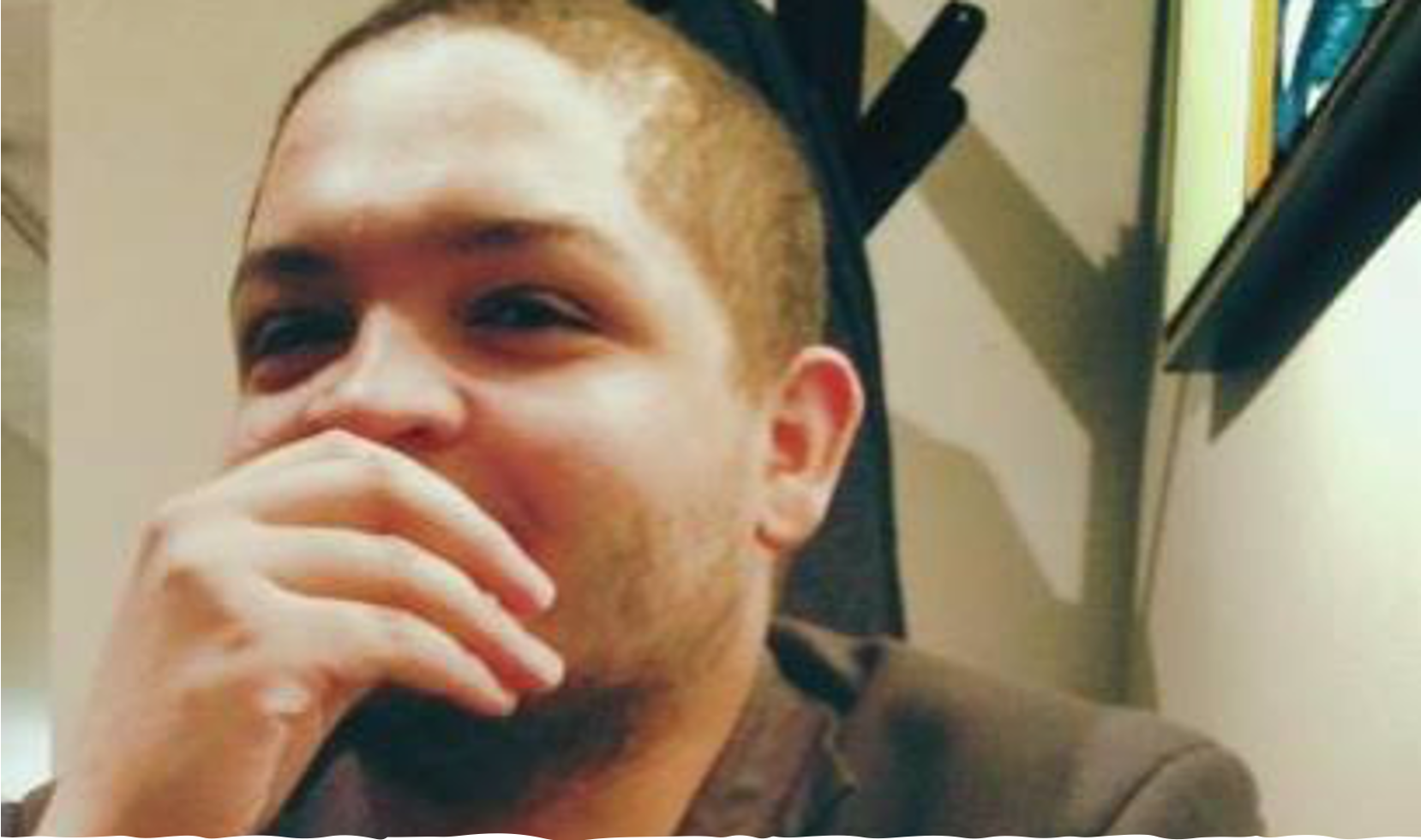
Authorities in Denmark are coming under fire for their decision to rule out the possibility of a hate crime in connection to the torture and mutilation of a Black man. According to The New York Times, one of the two men who admitted to tormenting their Black victim has a swastika and the words “White power” tattooed on his leg. The other has a confirmed connection to an extreme right party.
Officers have brought manslaughter charges against the unnamed brothers, 23 and 25, in connection to the death of Phillip Mbuji Johansen, but say a hate crime was ruled out because Johansen knew his killers. The prosecutor, Benthe Pedersen Lund, described the heinous act as “a personal relationship that has gone wrong.” It reportedly took just three days for the police inspector and prosecutor to come to that conclusion.

According to an account given to the Times by Johansen’s mother, her 28-year-old son, who is of Danish and Tanzanian descent, was invited to a party last Monday and was later asked to enjoy a beer in the woods. The next morning, his disfigured body was found at a campsite. His assailants are said to have broken his skull by beating him with a wooden beam, stabbed him multiple times, driven a knife through his throat and planted a knee to his neck reminiscent of the way George Floyd was killed in Minneapolis. Johansen reportedly died sometime on Tuesday.
The following day, the two brothers were arrested. They admitted to beating Johansen but claimed they did not kill him. Both men have openly expressed support of extreme right beliefs. Johansen’s mother told news outlets that her son, who was in town visiting her, was once school friends with one of the men.
Media coverage of Johansen’s death has primarily focused on his killing being a homicide. Authorities are said to have made it a priority to dampen down any talk of a possible racial motive. But one of Johansen’s friends who spoke to the Times noted that the engineering student was tortured for hours and added that he and Johansen were among the few Black people on the small Danish island of Bornholm.
Local activists say Denmark’s approach to the recent death of Johansen is in line with past attempts to deny racially motivated crimes. They believe that rising anti-immigration attitudes should force authorities to have real conversations about how racism plays a role in Danish society. Johansen’s death could be a catalyst to that long-overdue discussion.